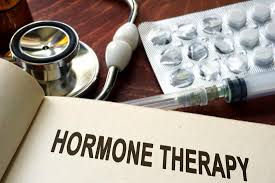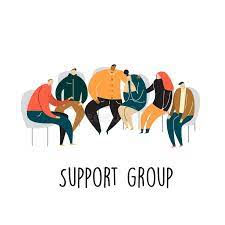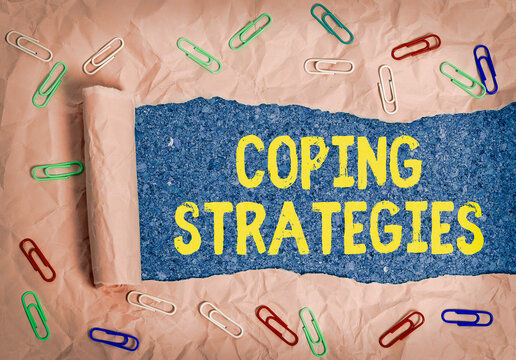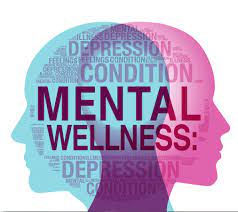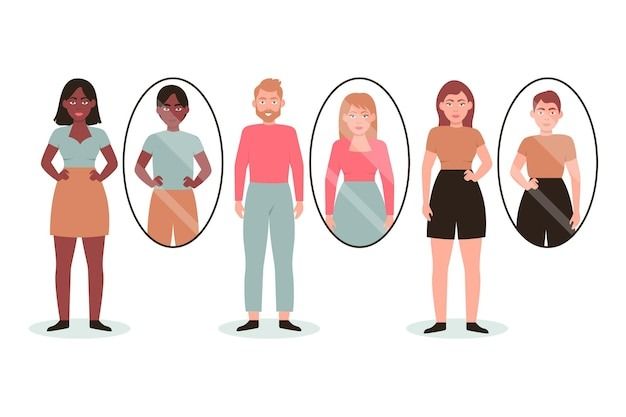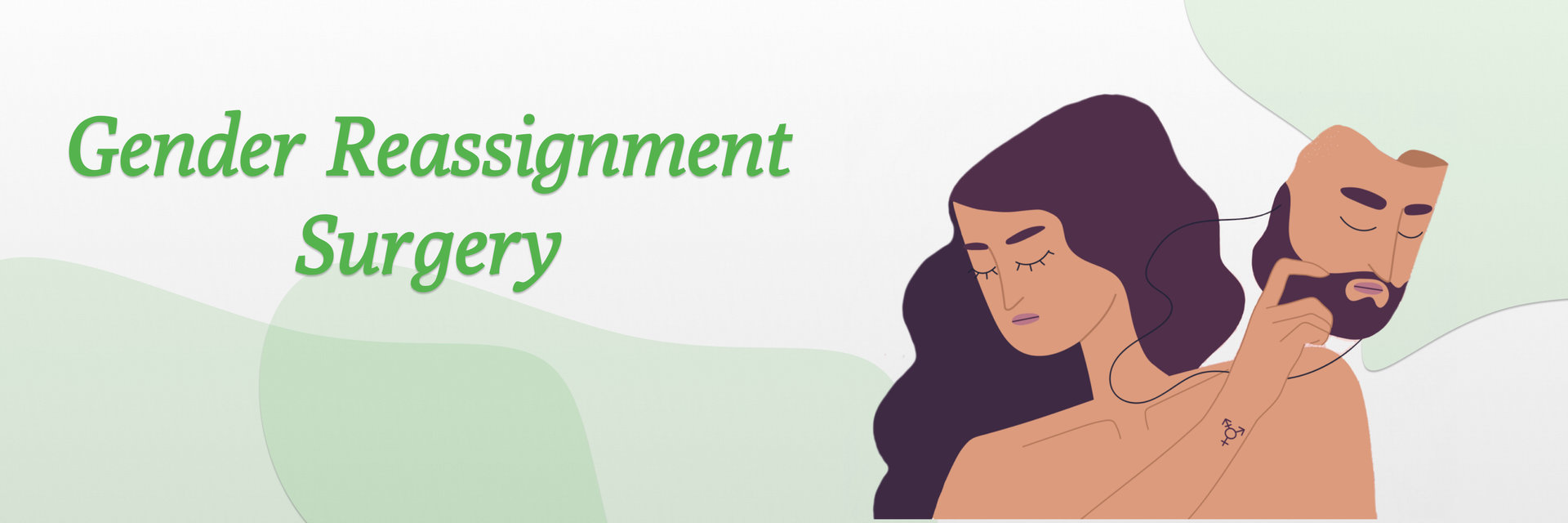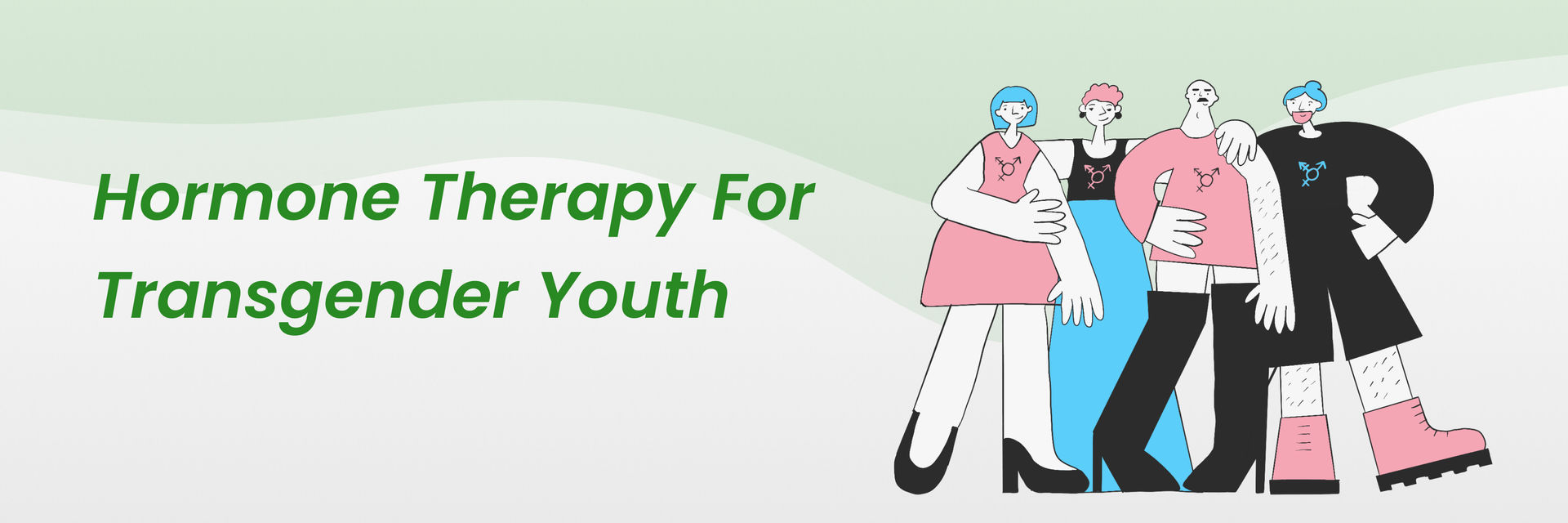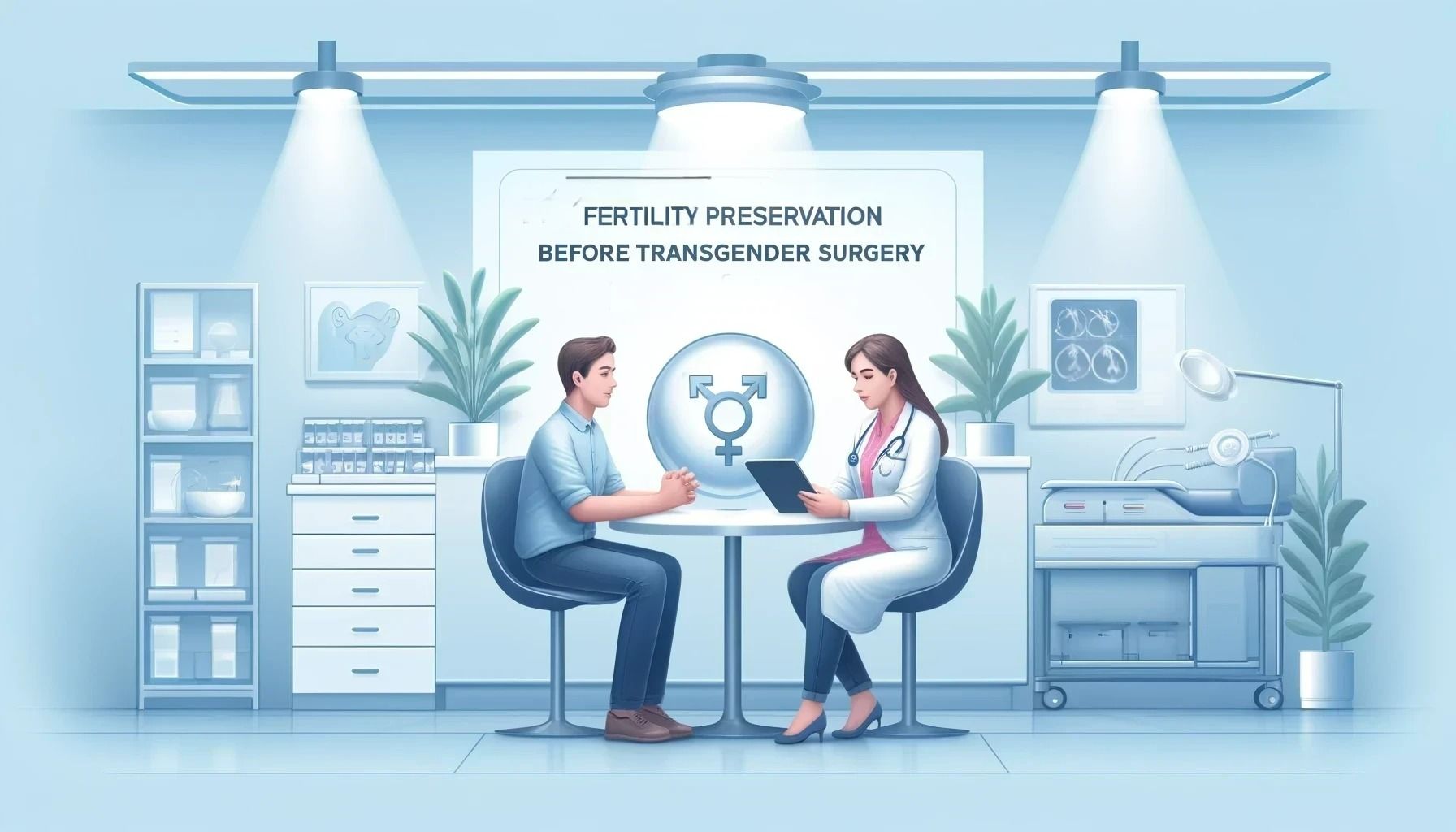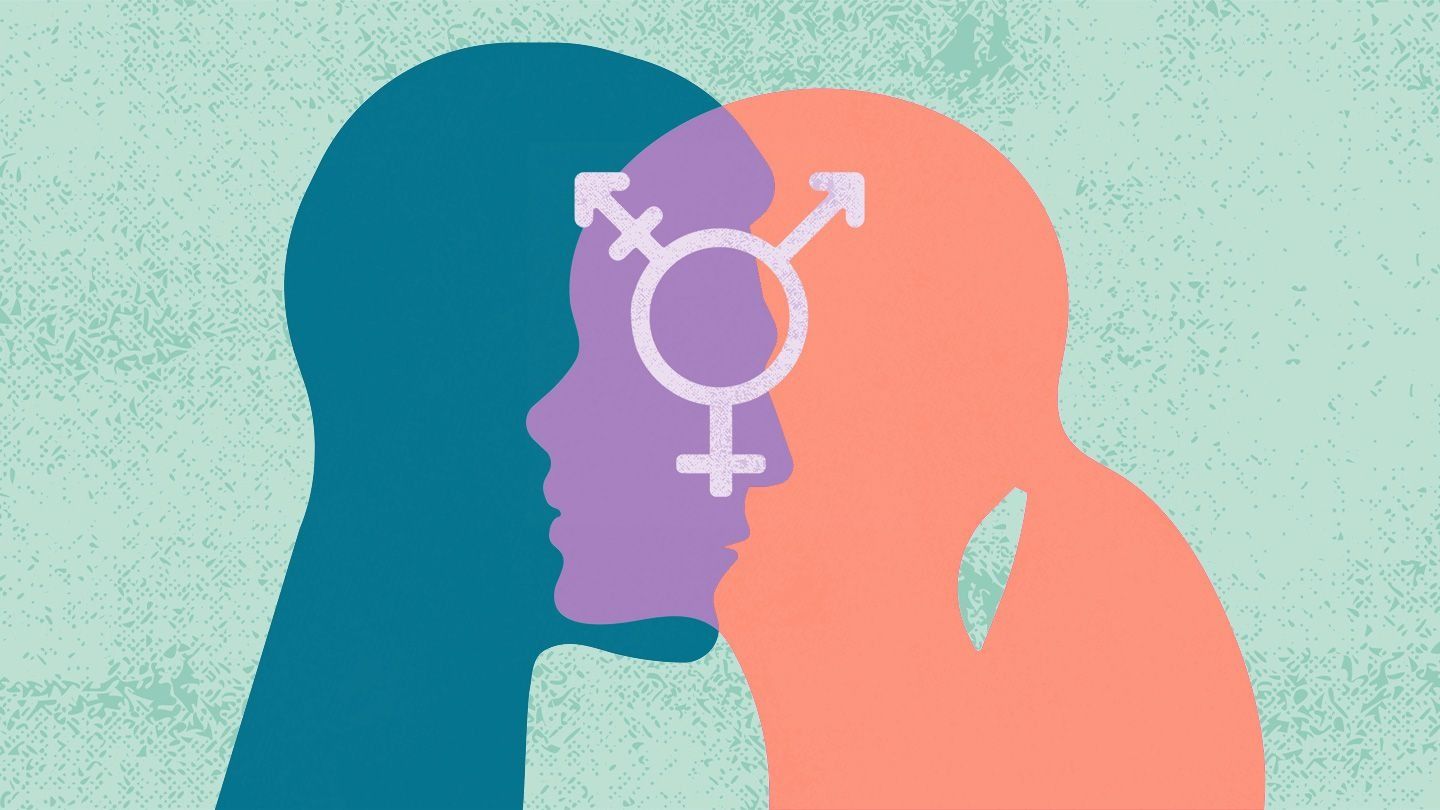Mental Health issues faced by transgender

Transgender individuals face unique mental health challenges that can affect their well-being. Imagine in the world of two genders , a person is not able to identify their own gender, their own identity. Transgender Mental Health is becoming an important topic to discuss.
Many problems have been faced by trans and non-binary people for a long time, because many societies still are not accepting them as their part. Most of the time it was seen that no one cares about their opinion or their values. But the major problem is to understand the problems faced by them. People who identify as transgender must overcome special mental health issues that may harm their health.
A common difficulty is gender dysphoria, which is the discomfort that may occur when a person's gender identity differs from the sex to which they were born. It can lead to various mental health conditions such as depression, anxiety, negative self-image or poor self-esteem, post-traumatic stress disorder (PTSD), and social isolation.
Let’s explore the reasons behind the rising rates of mental health issues and the impact they have on individuals' lives. It is increasingly creating depression.
Depression is a mood disorder that involves a feeling of sadness and loss of interest in activities that used to bring joy. Transgender individuals are at a greater risk of experiencing depression due to the stigma, discrimination, and rejection that they may face. They may also have difficulty accessing healthcare, which can further contribute to their depression.
It is important for transgender individuals to seek mental health care or counselling. These counsellors are sensitive to their unique experiences and needs. The CDC recommends that healthcare providers should address the mental health concerns of transgender individuals in a supportive and non-judgmental manner, and provide referrals for specialized care if necessary.
By seeking appropriate mental health care, transgender individuals can improve their mental health and overall well-being.
Have a glance at a report to know the real figures…
A study published by JAMA Network conclude that-
Among 104 youths aged 13 to 20 years who participated in the study, there were 63 transmasculine individuals, 27 transfeminine individuals, 10 nonbinary or gender fluid individuals, and 4 youths who responded “I don’t know” or did not respond to the gender identity question (3.8%). At baseline, 59 individuals (56.7%) had moderate to severe depression, 52 individuals (50.0%) had moderate to severe anxiety, and 45 individuals (43.3%) reported self-harm or suicidal thoughts.
Reasons for rising mental health issues among transgender
But why are mental health issues on the rise among transgender individuals?
It all starts with conditions like gender dysphoria, there are others as well have a look!
There are a number of cultural, interpersonal, and personal variables that are being attributed for the rise in mental health problems among transgender people. The transgender community is more likely to experience mental health issues than the general population for the following causes:
- Gender Dysphoria:
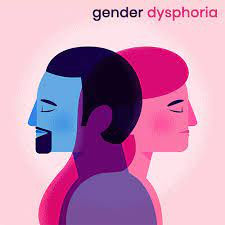
Gender dysphoria means a common problem for transgender people . Gender dysphoria mental illness is defined as discomfort by a difference between one's gender identity and the sex assigned to them at birth. Because of its pressure it can lead to depression, anxiety, and other mental health issues.
- Stigma and Discrimination:

Transgender people experience significant stigma and discrimination in a variety of aspects of their lives. Such as education, employment, healthcare, and interpersonal interactions. This can lead to chronic stress, anxiety, depression, and reduced self-esteem, negatively impacting mental health.
- Lack of Social Support:

Sometimes families, friends, and communities do not understand, accept, or support trans people. Social exclusion, rejection, and detachment can have a negative effect on mental health and worsen feelings of loneliness and despair.
- Limited access to gender-affirming healthcare-

Access to gender-affirming healthcare is essential for many transgender individuals. These treatments include hormone therapy and gender-affirming surgeries to align their appearance with their gender identity. Yet, obstacles such as limited financial resources, a shortage of knowledgeable healthcare providers, and limited insurance coverage make it challenging for them to access these necessary treatments. This lack of access can exacerbate their mental health issues, compounding their struggles.
- Minority Stress:
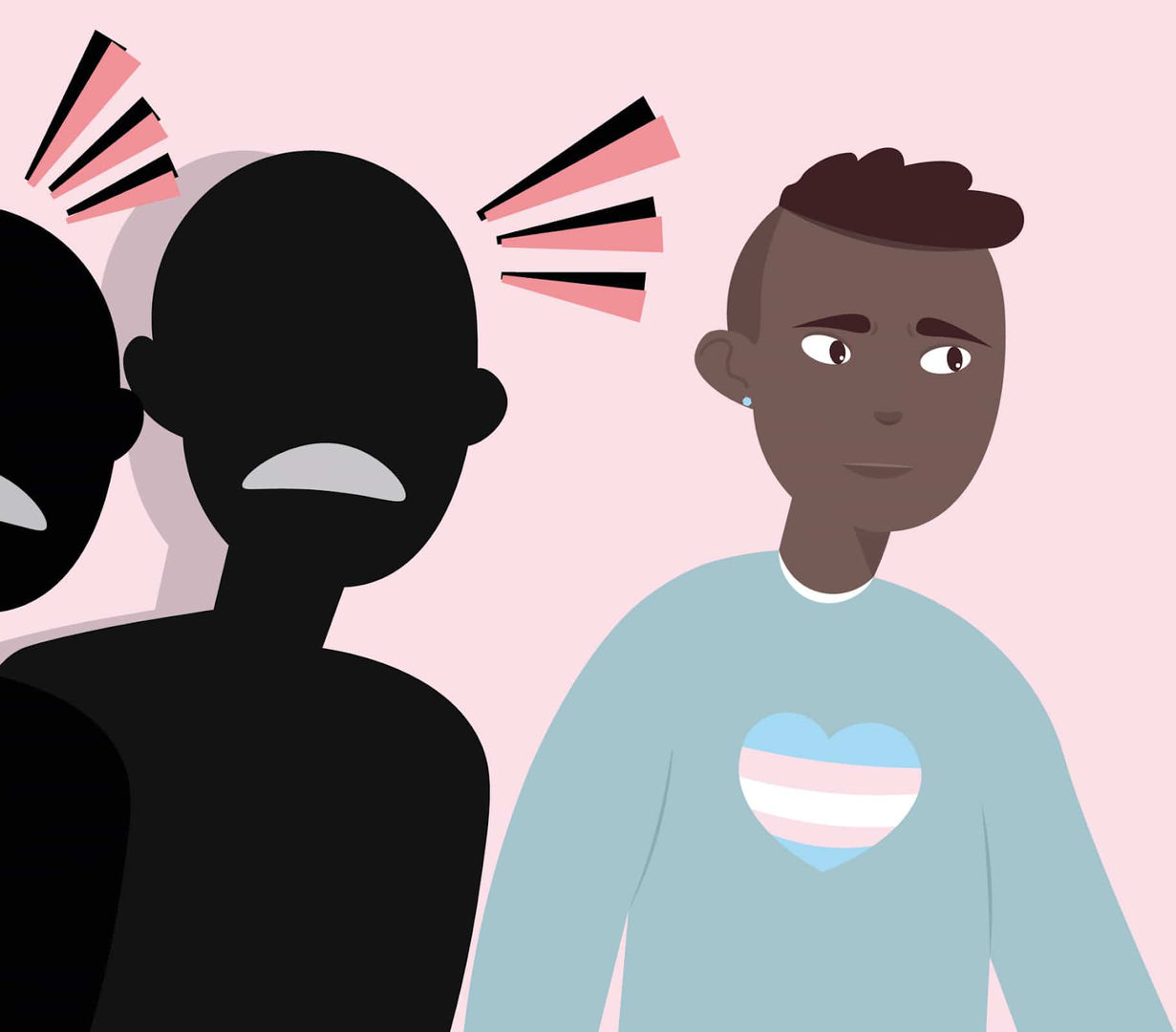
Being a member of a minority community causes transgender people to feel minority stress. Interpersonal bias, small-scale assaults and the persistent threat of discrimination or violence can all contribute to this stress. Mental health disorders can be increased by ongoing exposure to minority stresses.
- Intersectionality:

People who identify as transgender may have multiple intersecting identities. These include racial, ethnic, socioeconomic, and disability identities. These intersecting identities' shared experiences of exclusion and discrimination may increase mental health issues. It also can make people more prone to mental health disparities.
- Cultural and religious factors:

Beliefs and attitudes on gender identity and transgender people vary greatly across cultures and religions. The clash between their personal identity and societal expectations can lead to heightened mental health struggles.
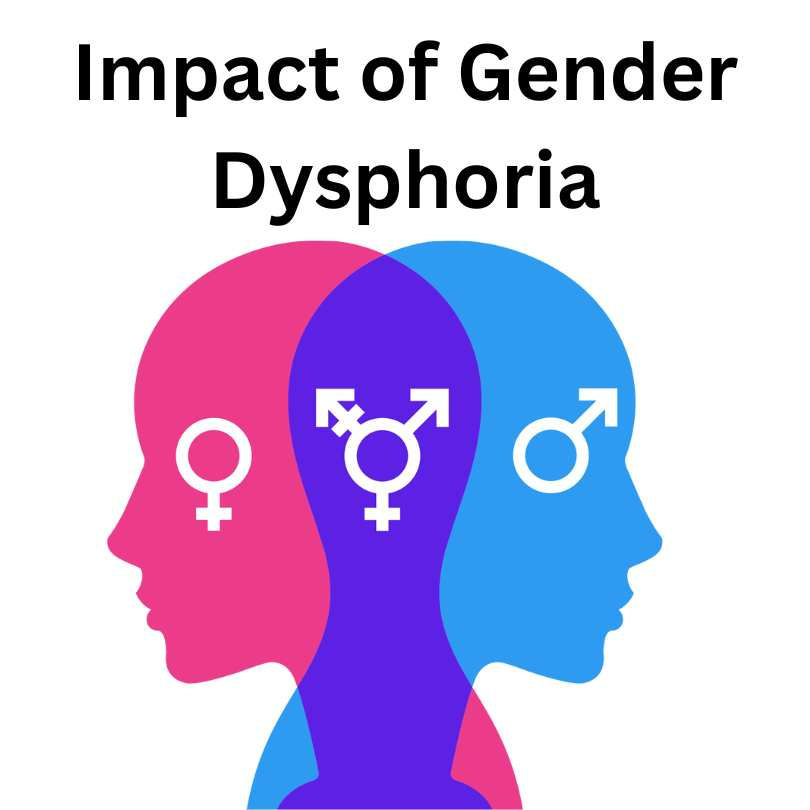
Impact of Gender Dysphoria on Mental Health
Gender dysphoria itself can also lead to anxiety about one's physical appearance and social acceptance. It can significantly impact their mental health. It can lead to issues such as depression and suicidal ideation.
But gender dysphoria doesn't travel alone. It often brings along a cluster of other mental health challenges. From autism to depression, ADHD to borderline personality disorder, these interconnected issues further complicate the journey of transgender individuals. Understanding these connections is essential for providing holistic care and support.
- Suicidal Ideation and Self-Harm:
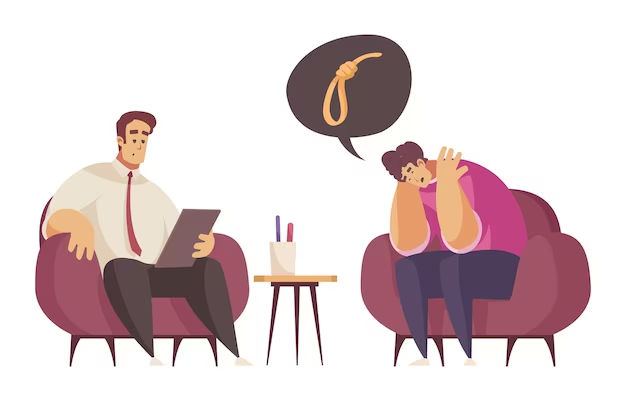 The distress associated with gender dysphoria places transgender individuals at a higher risk of self-harm. Feelings of hopelessness, social isolation, and lack of support can exacerbate these risks.
The distress associated with gender dysphoria places transgender individuals at a higher risk of self-harm. Feelings of hopelessness, social isolation, and lack of support can exacerbate these risks. - Autism and Transgender:
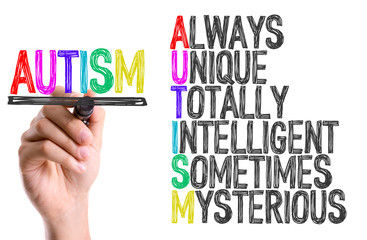
There is a growing body of research exploring the intersection of autism and gender dysphoria. Some studies suggest a higher prevalence of gender diversity among individuals with autism. Neither all transgender individuals have autism, nor do all autistic individuals identify as transgender. But, the experiences of those who are both autistic and transgender can be complex and may need tailored support to address the unique challenges they face.
- Attention-Deficit/Hyperactivity Disorder (ADHD) and Gender Dysphoria:
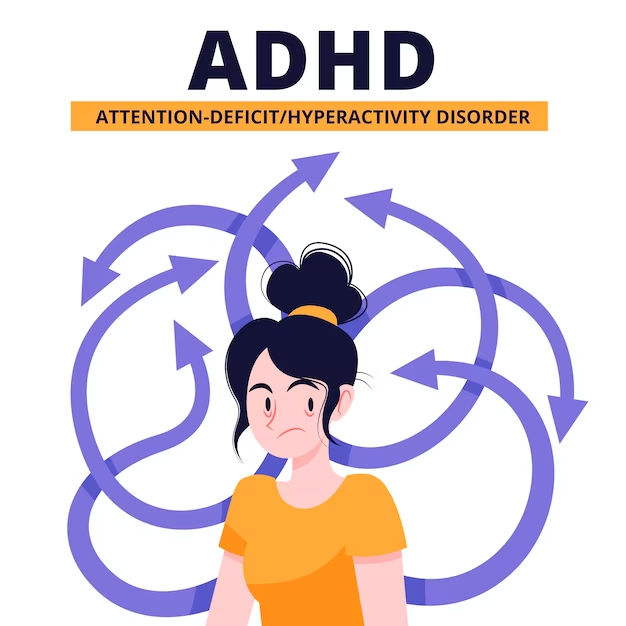
Studies have shown that ADHD is more common in transgender individuals than in the general population. This could be due to the fact that many of the symptoms of ADHD, such as difficulty with attention, concentration, and impulse control, can also be seen in gender dysphoria. ADHD can make it even more challenging for transgender individuals to manage their gender dysphoria-related stress. They may require specialised treatment tailored to their unique needs.
- Transgender Depression
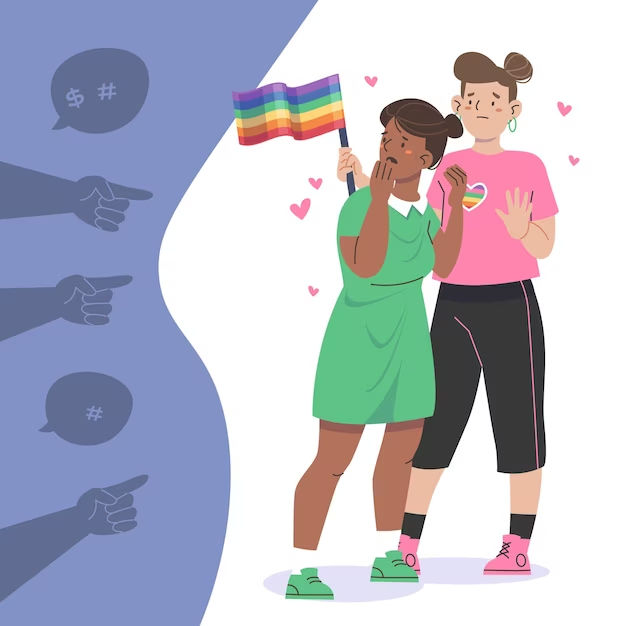
Transgender individuals are at a higher risk of experiencing depression compared to the general population. Factors such as gender dysphoria, stigma, discrimination, and lack of support contribute to this increased risk. Depression can have a significant impact on their emotional well-being and quality of life. Seeking mental health support is important for transgender individuals facing depression.
- Gender Dysphoria and Borderline Personality Disorder (BPD):

It is a mental health condition characterized by patterns of unstable emotions, self-image, and interpersonal relationships. BPD can affect individuals from various backgrounds, but is more associated with transgender. Individuals with gender dysphoria may have an increased risk of developing BPD. The distress associated with gender dysphoria and interpersonal challenges contribute to the development of BPD symptoms. These include identity struggles, and self-esteem issues.
Apart from these severe issues there are some others which are making hard to survive and need immediate action. Have a look at them.
Transgender individuals may also experience other mental health challenges, including:
- Post-Traumatic Stress Disorder (PTSD): Traumatic experiences related to gender identity, such as bullying, harassment, or violence, can contribute to the development of PTSD symptoms.
- Substance Abuse: Some transgender individuals may turn to substance use as a coping mechanism for the challenges they face, including gender dysphoria, discrimination, and social rejection.
- Eating Disorders: Body dissatisfaction and distress related to gender dysphoria may increase the risk of developing eating disorders among transgender individuals.
- Dissociative Disorders: Severe distress associated with gender dysphoria can sometimes manifest as dissociative symptoms or disorders.
- Social Isolation and Loneliness: Transgender individuals may experience social isolation and loneliness, which can negatively impact mental health and well-being.
It is important to recognize that these associations are not universal for all transgender individuals, and everyone's experiences are unique. Comprehensive and affirming mental health support is crucial to address the specific needs and challenges faced by transgender individuals, including those related to gender dysphoria and any co-occurring mental health issues.
But wondering when is the appropriate time to seek mental health assistance or crisis support?
According to Michelle at Live Another Day,
“Some warning signs or symptoms that a transgender person may require crisis support or mental health assistance include persistent negative emotions such as depression, anxiety, or melancholy that are gender identity-related, struggling with issues of body image, self-esteem, or acceptance of one's identity, self-injurious behavior or expressing suicidal ideas.”
Can you relate to any of the above signs?
Don’t worry! Let’s understand how you can cope with them effectively!
How to cope with gender dysphoria and other mental health issues associated with it?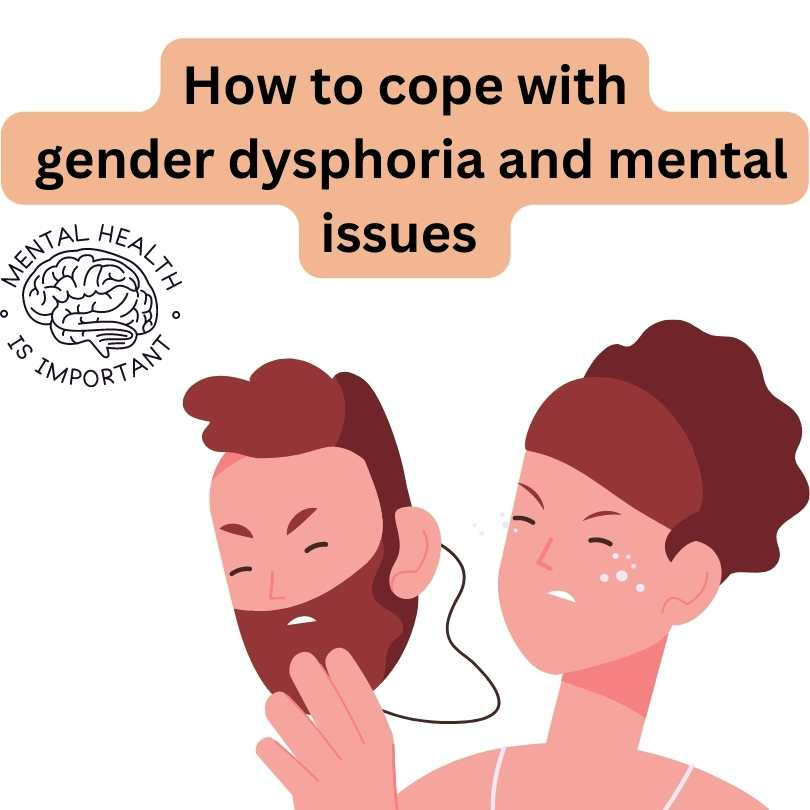
From hormone replacement therapy to gender-affirming surgeries, psychotherapy to support groups, a multifaceted approach can offer relief and empowerment. Below are some ways listed by which one could heal and feel better.
It is becoming very important to deal with mental health issues. Negative mental health not only destroys person’s emotion it even leads to many dangerous steps like suicide. Talking to those people and providing them proper counselling is important.
Here are a few gender dysphoria treatments which one can adopt to recover.
| Treatment | Description |
Psychotherapy
|
|
Hormone therapy
|
|
Gender-affirming surgery
|
|
Support groups
|
|
Medication
|
|
Want to inquire about personalized treatment expenses? Don't hesitate. Talk to us today.
According to an expert at New Waters Recovery, an addiction and mental health treatment center,
“Gender-affirming interventions, such as hormone therapy or surgery, have been shown to significantly improve mental health outcomes for transgender individuals. Studies have found that access to hormonal treatments and medical procedures related to transition can increase self-esteem, decrease levels of depression and anxiety, and reduce the risk of suicidal ideation. Moreover, gender affirming interventions can lead to a greater sense of self-identity which in turn can help foster more positive social relationships and improved quality of life.”

Role Of Counselling In Transgender Mental Health
When someone listens to you, understands you and values your opinion, you starts gaining self confidence. That’s where the counsellors play a major role. Scroll down to see how the process is carried.
Counselling plays a crucial role in transgender mental health. Here's an overview of how counselling works, its benefits, and how it is integrated with other transgender treatments:
- Counselling Process: Counselling typically involves a therapist or counsellor. They provide a safe and supportive space to explore and address their thoughts, emotions, and challenges related to their gender identity. The process can vary depending on the individual's needs and the therapeutic approach used by the counsellor.
- Benefits of Counselling: Counselling offers several benefits for transgender individuals, including:
Emotional Support
|
|
Self-Exploration
|
|
Coping Strategies
|
|
Mental Health Management
|
|
Improved Self-Esteem
|
|
What other ways counselling can help? Want to know, scroll down
Counselling can be beneficial at various stages of a transgender individual's journey, including:
a. Gender Exploration:
Counselling can be helpful when individuals are questioning their gender identity or experiencing confusion about their feelings and experiences.
b. Pre-transition and Transition:
Counselling can provide support and guidance during the decision-making process, exploring options such as hormone replacement therapy (HRT) or gender-affirming surgeries.
c. Post-transition:
Counselling can assist individuals in adjusting to their new identity, addressing any emotional or psychological challenges that may arise.
Your well-being is our priority - call us to book your appointment today
Counselling with Other Treatments
Counselling is often integrated with other transgender treatments, such as hormone therapy (HRT) or gender-affirming surgeries:
a. Pre-Treatment:
Counselling may be utilised to assess readiness for medical interventions and explore the emotional implications and expectations associated with these treatments.
b. Supportive Care:
Counselling can provide emotional support throughout the transition process, helping individuals navigate the changes, cope with potential challenges, and manage expectations.
c. Post-Treatment:
Counselling may continue after medical interventions to support emotional adjustment, body image concerns, and overall mental well-being.
It's important to note that counselling approaches and practices can vary among therapists. It is recommended to seek out qualified mental health professionals experienced in working with transgender individuals to ensure appropriate and affirming care.

FAQs
Let's go through some most asked doubts to make you understand more clearly.
Q: Is gender dysphoria the same as being transgender?
A: Gender dysphoria refers to the distress experienced by individuals whose gender identity differs from their assigned sex at birth. Not all transgender individuals experience gender dysphoria, and some transgender individuals may not seek a formal diagnosis of gender dysphoria.
Q:Are there any specific cultural considerations in transgender mental disorder?
A:Yes, cultural considerations are important in transgender mental disorder or mental health. Different cultures may have varying levels of acceptance and support for transgender individuals, and it is essential to understand and respect diverse cultural perspectives while providing care.
Q:How does social support impact the mental health of transgender individuals?
A: Social support plays a crucial role in the mental well-being of transgender individuals. Having accepting and supportive relationships, whether from friends, family, or the broader community, can provide a buffer against the negative effects of discrimination and promote resilience.
Take the first step to recovery. Get in touch with us for your treatment.

